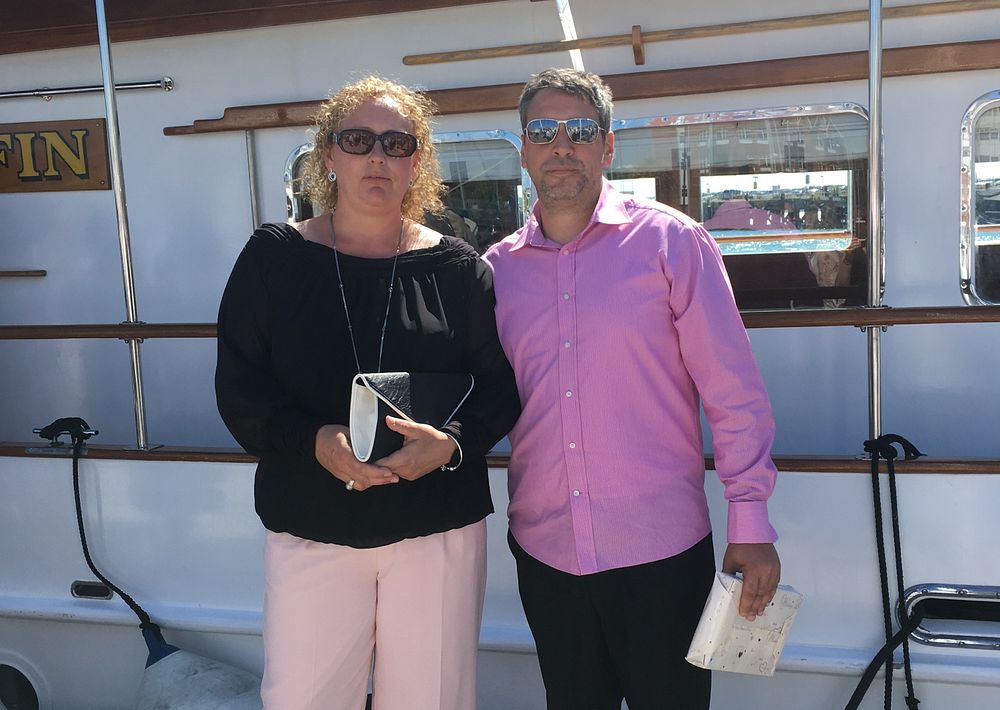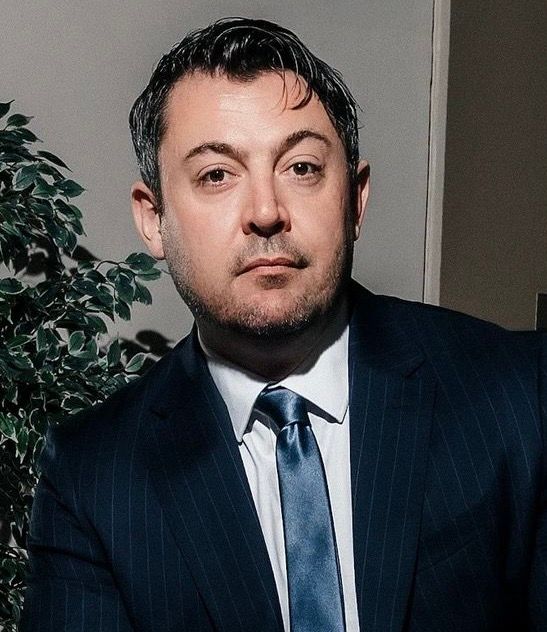Ever wondered why holiday park running costs become so expensive after you buy your lodge? A former park salesman explains…
Bombshell interview
European Consumer Claims (ECC) were recently contacted by ex holiday park salesman who was willing to provide insight into previously opaque aspects of lodge and holiday caravan sales.
Frank admissions from “George” (not his real name) shine a much needed spotlight on holiday park business strategies.
George has had a long career in sales but has most recently been selling holiday park lodges. Fed up with what he saw as high levels of consumer abuse and predatory business strategies employed by the UK holiday parks he worked for, George approached ECC to share his insider perspective. He has worked at various parks, from giant, national brands to smaller family run affairs.
The whistleblower says his intention in coming forward is to help people who have been taken advantage of by holiday parks understand how and why the parks acted this way towards them,.
George was looking for an organisation who were already working to protect and defend holiday park victims, in the hopes that his knowledge would be of some use to them. He saw the widespread media coverage that ECC were getting in this regard and decided to get in touch.
Unregulated business?
George moved into selling holiday park caravans because he had heard that the sales techniques and workplace culture would make it easy to earn money. The lodges are expensive and there are very few strict rules compared with other big ticket direct sales industries.
George tells us that in many equivalent businesses you are not allowed to take a deposit on the day. According to George, In an emotional sale you need to take money on the day so that the buyers are committed. If you let them go away and think about it, without having taken a deposit you are unlikely to ever hear from them again.

Holiday parks allow salespeople like George to take as much as they can get away with on the day. The salesperson will take the whole amount if the client can afford it.
This allegedly compares favourably to other direct sales businesses where the salesperson often has to be very clear with buyers that by law they have 14 days to cancel and get all their money back.
Caravan parks don’t have that cancellation period as a legal requirement. George reveals that when he worked for parks that did have a ‘cooling off period’, he rarely told the buyer as it was hidden away in the small print.
Murky business plan
Perhaps most shocking to holiday park lodge owners will be the business plan itself, George insists that the main drive is to sell a caravan or lodge, get people externally financed, then make conditions on the park unbearable so they have to leave.
Despite the fact that the park would make money every year from a customer who bought a caravan in ground rent and other fees, George explains that the real money is made when customers give up on their membership, allowing the park to buy their caravan back for a fraction of the price they paid.
He clarifies: “Ok, let’s say I sell you a caravan for £70,000. The park gets paid, I get paid. When you decide you no longer want to pay the increasing ground rent and other expenses, we will offer you a tiny amount like £10,000 to £15,000 for it. And the next day we will sell it to another customer for £70,000 again.
That’s up to £60,000 profit every time we turn the unit over.”

Parks have many strategies available to drive even relatively content customers away so that they can resell the lodge
For example they can include the first year’s ground rent in the price, so that buyers are not really aware of how much it is, or if they are then the salesperson can give the impression it won’t rise by much in the future. However the next year they can hit the customer with a big increase and keep doing that until the deal no longer makes financial sense for the caravan owner.
Anything a park salesperson promises verbally at the point of sale is not enforceable unless it is also written in the contract. So the salesperson can say “The rent rarely increases” for example. Then when it is increased by a large amount the park are covered by a clause in the contract.
For customers who still don’t want to leave, the parks have further tricks up their sleeve. For example they can make up a new rule that bans units of that age from being on the park. Moving a caravan is expensive, and anyway, where, realistically would the owner take it? Other parks don’t want anyone bringing a second hand caravan because they want to sell their own units.
Parks can charge extortionate amounts for things like furniture, or decking and contractually insist that those things are bought via the park. It is often the same with electricity, gas bottles and rates. The sheer expense of maintaining a lodge or caravan is no accident. The parks, according to George, want you off so they can take the caravan back at a knock down price.
When asked What would happen if the lodge owner can get a better price to sell privately, George revealed that the park would generally charge a big commission on private sales. Or increase the ground rent for the private buyer to an amount that would make a private sale no longer make sense.
Here at ECC we have had many clients tell us that they were promised they could offset their buying costs by renting their unit out. George explained why it never seems to work out that way.
Apparently the usual policy is to undercut private renters by giving free passes to guests who rent directly from the park, whereas private renters must pay upwards of £100 pounds a person extra for passes. Some parks don’t allow private rentals at all and when people rent their lodge through the park it’s obligatory to use the official very expensive cleaning and linin services. George insists that everything is aimed at making caravan ownership untenable. The park want the caravan back after they sell it, and for next to no money so they can make a huge profit when they sell it onto the next people.
Underhand finance deals?
External financing is allegedly a big part of holiday park business strategy. With people taking out long term loans, If they are subsequently driven from the park, some owners would be forced to sell up long before they finished paying loans for caravans that they couldn’t afford to buy outright.
George says the sales staff earned a lot of extra money for persuading buyers to take out finance, whether they needed it or not. Whilst not in a position to know how much the park got per customer signed up to finance,he admits that salespeople like him got a £400 bonus from ******** (a leading UK finance company) for each one.
George recalls ******** reps putting in a lot of effort to keep the park sales staff motivated. The reps would allegedly swing by sales offices with gifts for staff like nice pens or t-shirts. The park would incentivise sales staff with competitions. Whoever signed up most customers to finance plans could win spectacular prizes like tickets to the Formula One in the UAE, with six nights hotel stay and flights; or Wimbledon final tickets.

This state of affairs, if true, would mean that people were being encouraged into finance agreements that could affect their whole lives so that salespeople could gain cash bonuses and win sporting event tickets.
Despite the parks’ holiday image and being set in idyllic locations, George maintains that they are conveyor belts pushing people through while making as much money from them as possible.
George’s verdict? “You wouldn’t want anyone you know or care about getting involved with these places.”
Expert comment
“George’s revelations certainly made sense of some otherwise difficult to decipher holiday park behaviour,” says Greg Wilson, CEO of ECC.

“The information George has provided confirms suspicions that we were already beginning to form after thousands of conversations with holiday park clients.
“We imagine there will be a lot of ‘pennies dropping’ around the UK among holiday park lodge owners who did not previously understand the parks’ strategy in dealing with them.
“People who feel themselves to have been subjected to the kind of treatment that George describes are advised to seek expert advice. In many cases they could be eligible for financial compensation.”